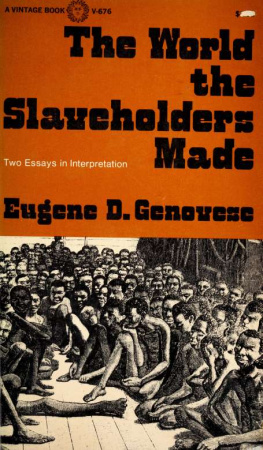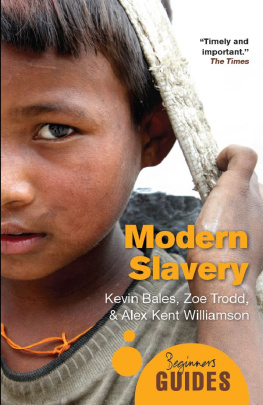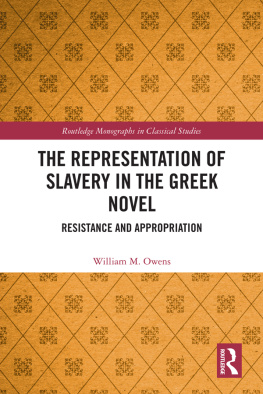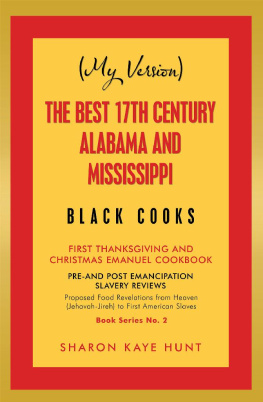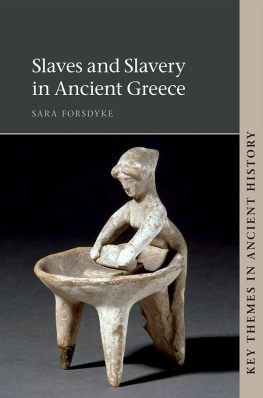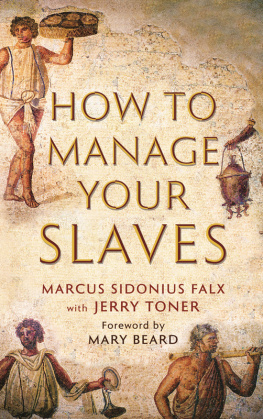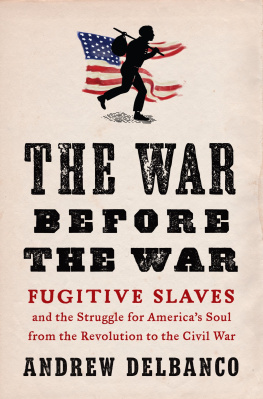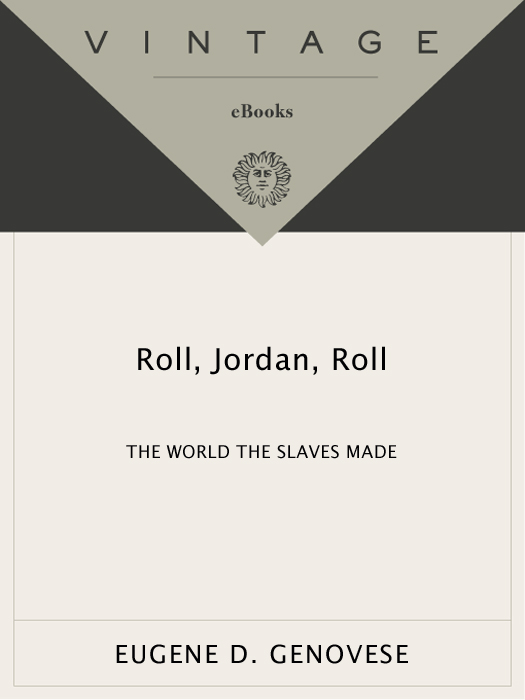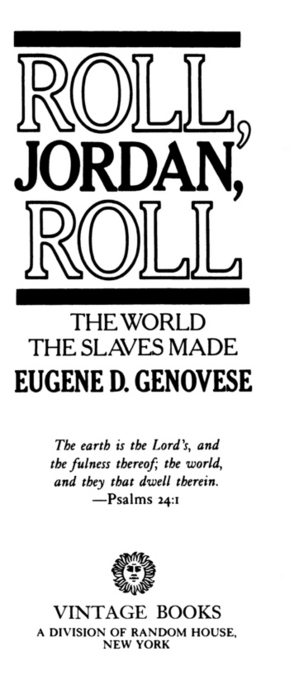FIRST VINTAGE BOOKS EDITION, February 1976
Copyright 1972, 1974 by Eugene D. Genovese
All rights reserved under International and Pan-American Copyright Conventions. Published in the United States by Random House, Inc., New York, and simultaneously in Canada by Random House of Canada Limited, Toronto. Originally published by Pantheon Books, a division of Random House, Inc., in 1974.
Library of Congress Cataloging in Publication Data
Genovese, Eugene D 1930
Roll, Jordan, roll.
1. Slavery in the United StatesCondition of Slaves.
I. Title.
E443.G46 1975 975.00496073 75-26906
eISBN: 978-0-307-77272-5
Since this copyright page cannot accommodate all acknowledgments, they can be found on the following two pages.
v3.1
Grateful acknowledgment is made to the following for permission to reprint previously published material:
AMS Press, Inc.: For excerpts from The Papers of Thomas Ruffin, edited by J. G. Hamilton. Reprinted by AMS Press, Inc., 1973.
Arno Press Inc.: For excerpts from The Negro in Virginia by the Virginia Public Works Administration. Reprinted by Arno Press Inc., 1969.
John Anthony Caruso: For an excerpt of 10 lines of song from Dorothy Scarborough, On the Trail of Negro Folk-Songs, pp. 66-67, quoted in The Southern Frontier by John Anthony Caruso (New York, 1963).
Columbia University Press: For an excerpt of 6 lines of song from Negro Folk Music, U.S.A. by Harold Courlander, p. 156 (New York, 1963). Reprinted by permission of the publisher.
The Dial Press: For excerpts from To Be a Slave by Julius Lester. Copyright 1968 by Julius Lester. Used with permission of The Dial Press.
Duke University Press: For an excerpt of six lines of song from Wild Nigger Bill, quoted in H. C. Brearly, Ba-ad Nigger, pp. 116-117 in The South Atlantic Quarterly, vol. 38, January 1939. Reprinted by permission of Duke University Press.
Fisk University: For excerpts from The Unwritten History of Slavery by Fisk University Social Science Institute. Reprinted by permission of the Fisk University Library.
Greenwood Press: For excerpts from The American Slave by George P. Rawick. Reprinted by kind permission of George P. Rawick and Greenwood Press.
Harcourt Brace Jovanovich, Inc.: For an excerpt of 3 lines of poetry from The Love Song of J. Alfred Prufrock by T. S. Eliot from his Collected Poems 19091962, and for The Naming of Cats from Old Possum V Book of Practical Cats by T. S. Eliot. Copyright, 1939, by T. S. Eliot, renewed 1967, by Esm Valerie Eliot. Reprinted by permission of Harcourt Brace Jovanich, Inc.
Harper & Row, Publishers, Inc.: For an excerpt of 2 lines of verse from Howard Thurman, The Negro Spiritual Speaks of Life and Death, p. 46, Copyright 1947 by Harper & Row, Publishers, Inc. By permission of the publishers.
Holt, Rinehart & Winston, Inc.: For excerpts from Life Under the Peculiar Institution: Selections from the Slave Narrative Collection by Norman R. Yetman. Copyright 1970 by Holt, Rinehart & Winston, Inc.
Houghton Miffllin Company: For excerpts of 6 lines of song from p. 430 and 4 lines of song from p. 447 of Gumbo Ya-Ya by Lyle Saxon et al. Copyright renewed 1973 by the Louisiana State Library; excerpts from North Toward Home by Willie Morris; excerpts from A Diary from Dixie by Mary Boykin Chestnut, edited by Ben Ames Williams. All excerpts reprinted by permission of Houghton Miffllin Company.
Macmillan Publishing Co., Inc.: For excerpts from A History of the Old South by Clement Eaton. Copyright 1949 by The Macmillan Company.
New Directions Publishing Corporation: For an excerpt of 5 lines of dialogue from The House of Bernarda Alba in Three Tragedies by Federico Garca Lorca, translated by James Graham-Lujan and Richard L. OConnell. Copyright 1947,1955 by New Directions Publishing Corporation. Reprinted by permission of New Directions Publishing Corporation.
W. W. Norton & Company, Inc.: For an excerpt of 7 lines of song from p. 181 of The Music of Black Americans by Eileen Southern (New York, 1971).
Russell & Russell, Publishers: For excerpts from Black Reconstruction in America, 18601880 by William Edward Burghardt Du Bois (1935). New York: Russell & Russell, 1956.
The University of Chicago Press: For excerpts from Lay My Burden Down by Benjamin A. Botkin. Copyright 1945 by The University of Chicago; an excerpt of 16 lines of song from The Etiquette of Race Relations in The South by Bertram Wilbur Doyle. Copyright 1937 by The University of Chicago.
The University of North Carolina Press: For an excerpt of 4 lines of verse from The Negro in Mississippi by Vernon Lane Wharton (Chapel Hill, 1947); excerpts from The Negro and His Songs by Howard W. Odum and Guy B. Johnson (Chapel Hill, 1925).
Yale University Press: For excerpts from African Influences on the Art of the United States by Robert Farris Thompson in Black Studies in the University, edited by Armstead Robinson et al. (New Haven, Conn., 1969); excerpts from The Children of Pride, edited by Robert Manson Myers. Copyright 1972 by Robert Manson Myers. Reprinted by permission of Yale University Press.
ROLL, JORDAN, ROLL
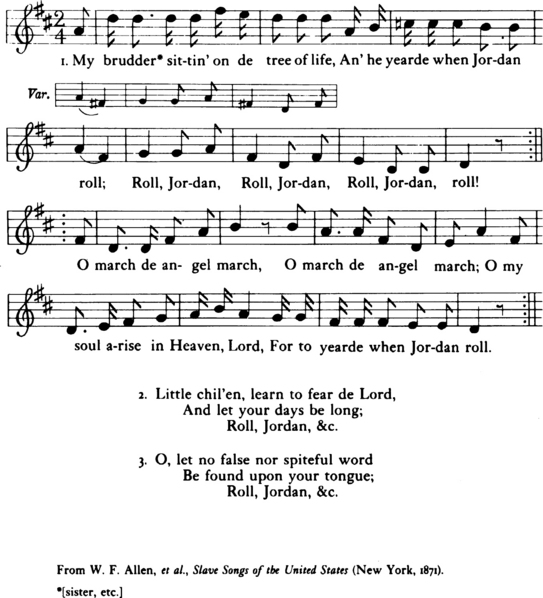
For MISS BETSEY
My own personal Bright and Morning Star
CONTENTS
PREFACE
The question of nationalityof identityhas stalked Afro-American history from its colonial beginnings, when the expression a nation within a nation was already being heard. In recent decades it has re-emerged fiercely in political debates, and it is destined to remain with us, however triumphant integrationist or separatist tendencies appear at a given moment. Some historians, black and white, interpret the Afro-American experience as a separate national experience; others, black and white, interpret it as a more or less ethnically distinct component of a single regional or national experience. The closer one looks at the quarrel, the clearer it becomes that no such formula can account for so rich and contradictory an experience.
In this book I refer to the black nation and argue that the slaves, as an objective social class, laid the foundations for a separate black national culture while enormously enriching American culture as a whole. But that separate black national culture has always been American, however much it has drawn on African origins or reflected the distinct development of black people in America. White and black southerners, however different they may claim to be and in some ways are, have come to form one people in vital respects. As C. Vann Woodward observes, in American Counterpoint:
The ironic thing about these two great hyphenate minorities, Southern-Americans and Afro-Americans, confronting each other on their native soil for three and a half centuries, is the degree to which they have shaped each others destiny, determined each others isolation, shared and molded a common culture. It is, in fact, impossible to imagine the one without the other and quite futile to try.


